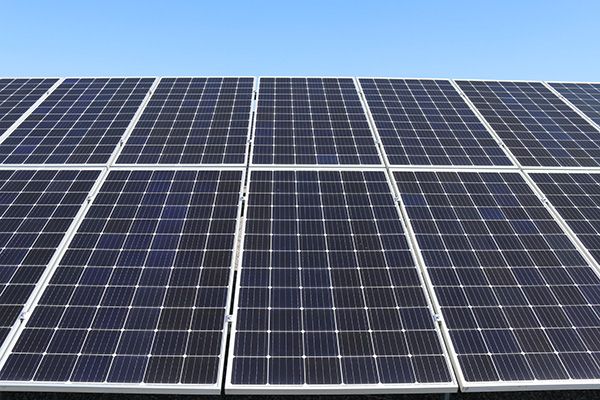The German government's energy policy is certainly not necessarily straightforward. The grand coalition also sometimes gets lost in the details or in ideologically driven trench warfare, for example over distance rules for wind turbines. But what is going well in any case, what is good and will benefit the entire industry in the long term, is the continuing renunciation of subsidies - even if some associations criticize the end of the state money.
Only recently, for example, solar module manufacturers were told that banks would no longer approve financing in view of the declining subsidies. The state should provide support here, because otherwise an important industry would run into difficulties. The phasing out of subsidies only applies to systems in the range of 100 to 750 kW, i.e. more or less private roof systems. On the other hand, more and more large ground-mounted systems are being built and demand is growing.
There is no question that the idea of the “1.000-Dächer-Programm” (1,000 Roofs-Program), born out of the environmental movement, was the starting signal for the success story of renewable energies in Germany. It was soon expanded to a “100.000-Dächer-Programm” (100,000 Roofs-Program) and extended again by the then Environment Minister Jürgen Trittin. The subsidies helped the solar industry to achieve a breakthrough. These subsidies are now expiring.
Since the systems are not as expensive as they were at the beginning of the development, the investment sums have dropped significantly. These are often unattractive for banks because they create more work than they bring in profits. In addition, there is no guaranteed feed-in tariff for the electricity not consumed by the company itself, but a pure market remuneration. This, however, is easily calculable, especially since certified green electricity will be in high demand in the coming years and will therefore be expensive. In this respect, it is not the expiring subsidies that are to blame if financing does not work out, but simply the creditworthiness of the borrower or the size of the required financing.
On the contrary, many banks are currently looking for renewable energy projects that they can finance. Especially larger open space plants often secureloans. Government subsidies are completely unimportant here. Fixed or variable power purchase agreements have been freely agreed for these parks for some time now. And here it is true: since green electricity will tend to be more expensive than conventional electricity for a long time to come, the yields are not only calculable, but even increasing.
Subsidies are no longer needed in this mixed situation. Not that they are not gladly taken when they are already being offered. It is certainly the right of the associations, perhaps even the duty to their members, to press for new subsidies. But they are not necessary, nor are they helpful any more. At best they increase profits, at worst they distort competition and keep prices high. And this can only ever be at the expense of investors and consumers.
PRESSEKONTAKT:
Leandra Kiebach
T: +49 (0)211 30 20 60 4-2
E: lk@aream.de
